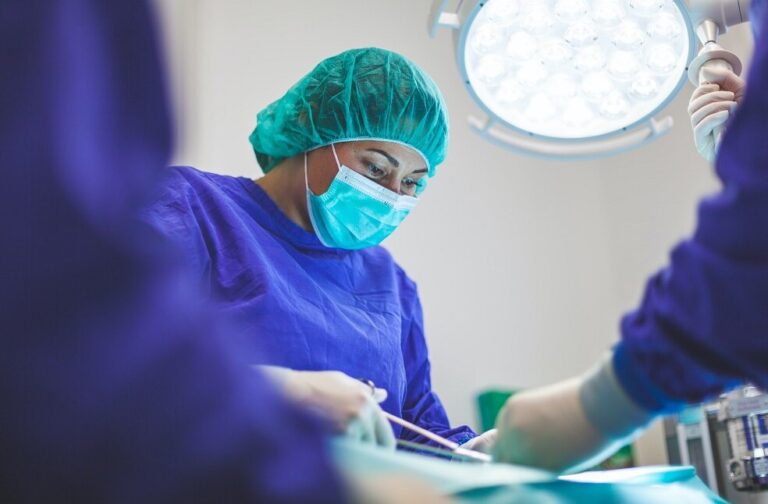United States: Surgeons in the United States have successfully transplanted a pig kidney into the body of a brain-dead human patient who has functioned normally for more than a month. It comes as part of scientists in the country experimenting with ways to use animal organs to save human lives.
This particular experiment was done by surgeons at the New York University Langone Transplant Institute. They have announced that the milestone is the longest a pig kidney has functioned in a person, albeit a deceased one.
“We have a genetically edited pig kidney surviving for over a month in a human,” institute director Mr. Robert Montgomery remarked. The director commented that the results will allow for further studies of living patients.
Researchers have reached a new milestone in the future of organ transplantation: a modified pig kidney transplanted into a human has been successfully functioning for 32 consecutive days.
Learn more about Dr. Robert Montgomery’s research: https://t.co/x8iQ2I4LTH pic.twitter.com/TCmCUf2msL
— NYU Langone Health (@nyulangone) August 16, 2023
The pig kidney had been genetically modified to omit a gene that produces biomolecules that human immune systems attack and reject, as per the statement.
“We’ve now gathered more evidence to show that, at least in kidneys, just eliminating the gene that triggers a hyperacute rejection may be enough, along with clinically approved immunosuppressive drugs, to successfully manage the transplant in a human for optimal performance, potentially in the long term,” Mr. Montgomery remarked.
Researchers are optimistic that using organs from different species could offer a solution for the numerous individuals in need of life-saving organ transplants.

According to the report, more than 103,000 people in the US currently need organ transplants. Thousands of people die each year while waiting. Scientists aim to closely observe the experiment as it moves into its second month.
The ultimate goal is for animal organs to be used in human organ transplantation, and the contribution of donated cadavers for scientific study remains crucial in advancing research and experimentation.



